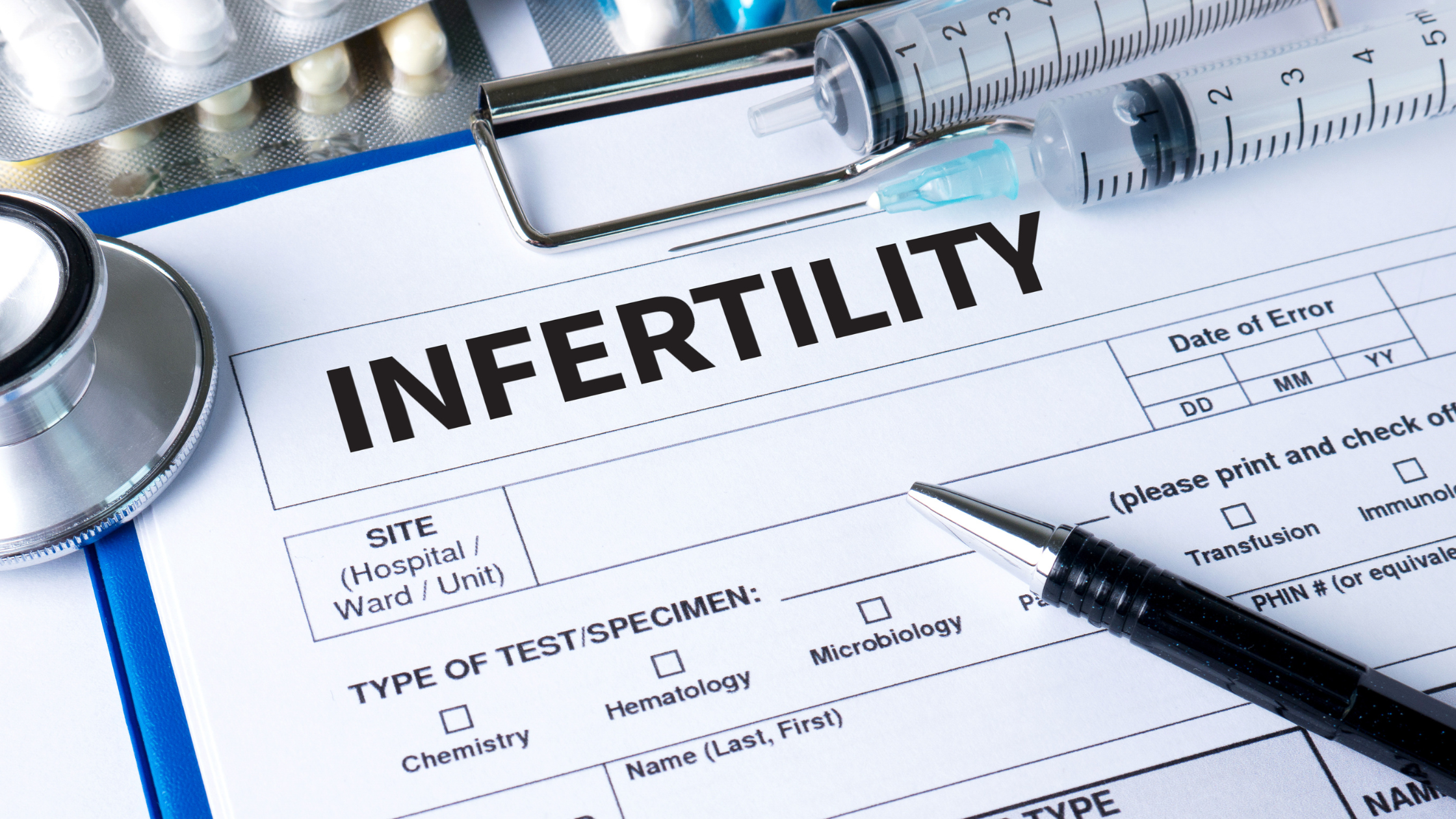Infertility Explained: What to Know about Fertility Health From a Fertility Doctor
Infertility is a multifaceted issue influenced by various factors such as age, hormones, reproductive tract abnormalities, lifestyle choices, and genetic predispositions.
Infertility Explained: What to Know about Fertility From a Fertility Doctor
Research indicates that maintaining a healthy lifestyle, including a balanced diet, regular exercise, and avoiding harmful habits like smoking and excessive alcohol consumption, can significantly improve fertility outcomes.
For example, studies have shown that women with a body mass index (BMI) outside the normal range, particularly those who are underweight or obese, may experience difficulties conceiving due to disruptions in hormone signaling and ovulatory function. Additionally, smoking has been linked to decreased fertility in both men and women, with research suggesting that tobacco toxins can impair sperm quality and damage ovarian function.
Fertility testing typically involves a comprehensive assessment of various parameters to identify underlying causes. Hormonal testing, including evaluations of anti-mullerian hormone (AMH), follicle-stimulating hormone (FSH), luteinizing hormone (LH), estradiol, progesterone, and thyroid function, can provide insights into ovarian function and hormone function. Semen analysis remains a cornerstone in male infertility evaluation, with parameters such as sperm count, motility, and morphology serving as key indicators of fertility potential.
Imaging tests like transvaginal ultrasound and hysterosalpingography (HSG) may be utilized to assess reproductive anatomy and identify structural abnormalities such as uterine fibroids or tubal blockages. Additionally, genetic testing may be recommended to screen for chromosomal abnormalities or inheritable genetic conditions that could impact fertility or affect the health of offspring.
When it comes to treatment options for infertility, evidence-based interventions aim to address underlying causes while maximizing the chances of conception. Ovulation induction using medications like clomiphene citrate or letrozole can stimulate the release of eggs in women with ovulatory disorders such as polycystic ovary syndrome (PCOS). Surgical interventions to correct anatomical abnormalities like uterine septum’s may be necessary in certain cases. Assisted reproductive technologies (ART), including in vitro fertilization (IVF) and intracytoplasmic sperm injection (ICSI), offer advanced treatment options for couples facing infertility challenges. According to data from the Centers for Disease Control and Prevention (CDC), the average success rate per IVF cycle is approximately 40% for women under 35 but declines with advancing maternal age, emphasizing the impact of age on fertility outcomes.
The optimal timing for seeking fertility help depends on various factors, including age and duration of attempts to conceive. While couples under 35 are typically advised to seek evaluation after one year of unsuccessful attempts to conceive, those over 35 are encouraged to do so after six months due to the age-related decline in fertility. Lifestyle modifications aimed at improving fertility outcomes may include weight management strategies tailored to individual BMI categories, dietary modifications to ensure adequate intake of fertility-supporting nutrients like folate, antioxidants, and omega-3 fatty acids, and stress reduction techniques such as mindfulness-based stress reduction (MBSR) or yoga. While some natural remedies for infertility, such as acupuncture or herbal supplements like chasteberry, have shown promise in small-scale studies, further research is needed to establish their efficacy and safety in larger, well-controlled trials.
Age remains a critical determinant of fertility, with both men and women experiencing declines in reproductive capacity as they get older. According to data from the American Society for Reproductive Medicine (ASRM), female fertility begins to decline significantly after the age of 35, with a marked decrease in both the quantity and quality of eggs. Similarly, male fertility may gradually decline with age, with research indicating that advanced paternal age is associated with decreased sperm quality and an increased risk of genetic abnormalities in offspring. Stress, while not a direct cause of infertility, can impact reproductive health through its effects on the hypothalamic-pituitary-adrenal (HPA) axis, leading to disruptions in hormonal balance and menstrual cycle irregularities.
Studies have shown that stress reduction techniques such as mindfulness meditation, yoga, or cognitive-behavioral therapy (CBT) may help improve fertility outcomes by promoting relaxation and reducing stress-related hormonal fluctuations.
In conclusion, while infertility can present significant challenges for individuals and couples hoping to conceive, evidence-based approaches to diagnosis and treatment offer hope for achieving successful pregnancies. By addressing underlying causes, making lifestyle modifications, and seeking timely medical intervention, many couples can overcome infertility and realize their dream of parenthood. Continued research efforts aimed at understanding the complex interplay of factors contributing to infertility will further advance the field of reproductive medicine and enhance fertility treatment outcomes for individuals worldwide.
Roohi Jeelani, MD, FACOG is a highly-skilled reproductive endocrinologist and infertility specialist focusing on all areas of reproductive health, Dr. Jeelani has a special interest in onco-fertility, toxins impact on reproductive function, chemotherapy, and oocyte cryopreservation to give those facing cancer a better chance of seeing their dream of parenthood come true.
Medical Disclaimer:
The information provided in this blog is intended for general informational purposes only and should not be considered as a substitute for professional medical advice, diagnosis, or treatment. Always seek the advice of your healthcare provider or qualified medical professional with any questions you may have regarding a medical condition. Never disregard professional medical advice or delay in seeking it because of something you have read in this blog.

